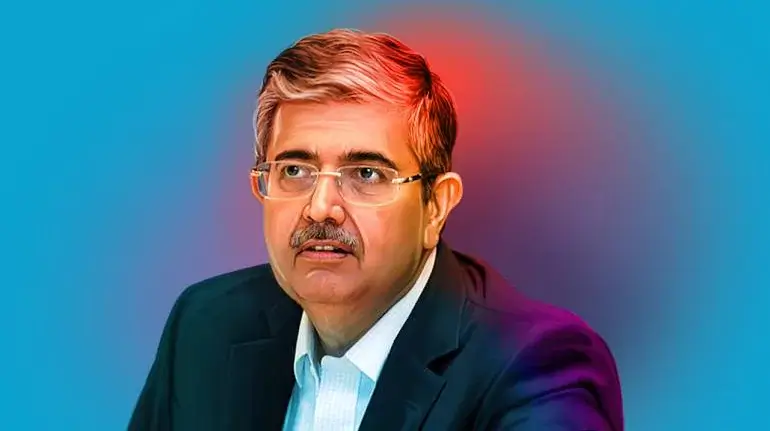Introduction
Mamata Banerjee, the firebrand leader of the Trinamool Congress, has never been one to shy away from a political fight. But her latest challenge to her opponents is perhaps her boldest move yet. In a recent speech, she dared anyone to force her resignation if the Trinamool Congress is denied ‘national’ party status by the Election Commission of India. This move has sent shockwaves through the Indian political landscape and raised many questions about the future of the Trinamool Congress and Indian politics as a whole.
So what does this dare mean, and why is it significant? Let’s take a closer look.
The Significance of National Party Status
Before we delve into the implications of Mamata Banerjee’s dare, it’s important to understand what ‘national’ party status actually means in the Indian political context. A political party is recognized as a ‘national’ party by the Election Commission of India if it meets certain criteria, including:
- Winning at least 2% of the seats in the Lok Sabha (the lower house of the Indian parliament) from at least three different states in the previous general election.
- Winning at least 6% of the total votes polled in four or more states in the previous general election.
- Winning at least four seats in the Lok Sabha from any state or states in the previous general election.
National party status brings with it several benefits, including access to more public funding, greater visibility, and a greater say in national politics. It also signifies a certain level of popularity and legitimacy in the eyes of the Indian electorate.
Mamata Banerjee’s Challenge
So why has Mamata Banerjee staked her resignation on the Trinamool Congress being granted national party status? The answer lies in the upcoming assembly elections in West Bengal, where the Trinamool Congress is fighting a tough battle against the Bharatiya Janata Party (BJP), the ruling party at the national level.
Mamata Banerjee is acutely aware of the importance of perception in politics, and she knows that being recognized as a ‘national’ party could give her party a significant boost in the eyes of voters in West Bengal. It would also signal to her opponents that she is a force to be reckoned with on the national stage.
But the road to national party status is not an easy one, and Mamata Banerjee knows this. The Trinamool Congress fell short of the required criteria in the 2019 general elections, winning only two seats outside of West Bengal. However, Mamata Banerjee is banking on the fact that the Trinamool Congress has made significant inroads in other states since then, particularly in states like Assam and Tripura.
By daring her opponents to force her resignation if the Trinamool Congress is denied national party status, Mamata Banerjee is essentially throwing down the gauntlet and challenging them to take on the might of her party. It’s a bold move, and one that has garnered a lot of attention in the Indian media.
The Potential Impact
So what could be the potential impact of Mamata Banerjee’s dare on Indian politics? There are several factors to consider.
- First and foremost, it could galvanize the Trinamool Congress and its supporters, particularly in West Bengal, where the party is fighting for its political survival. The dare has sent a strong message to her opponents that the Trinamool Congress is not to be underestimated and is willing to fight tooth and nail for national recognition.
- Secondly, it could put pressure on the Election Commission of India to grant national party status to the Trinamool Congress, especially if there is a groundswell of support for the party in the upcoming assembly elections. The Commission may be forced to re-evaluate its criteria and take into account the Trinamool Congress’s recent successes in other states.
- On the other hand, if the Trinamool Congress fails to meet the criteria for national party status, Mamata Banerjee’s dare could backfire and damage her party’s reputation. It could be seen as a desperate move to cling onto power and may alienate voters who are looking for a more stable and credible alternative to the BJP.
- Finally, Mamata Banerjee’s dare could have wider implications for Indian politics as a whole. It could signal a shift away from the traditional dominance of the Congress and BJP, and pave the way for regional parties to emerge as national players. This could lead to a more fragmented and unpredictable political landscape, with greater power devolved to the states.
Conclusion
Mamata Banerjee’s dare over the Trinamool Congress’s national party status has thrown a spotlight on the importance of perception and legitimacy in Indian politics. It has also raised questions about the future of the Trinamool Congress and Indian politics as a whole. While it remains to be seen whether Mamata Banerjee’s gamble will pay off, one thing is certain – she has once again demonstrated her willingness to take risks and fight for her party’s political survival. Only time will tell whether this will be enough to secure national party status for the Trinamool Congress and cement Mamata Banerjee’s position as a national leader.
FAQs
- What are the benefits of national party status?
- National party status brings with it several benefits, including access to more public funding, greater visibility, and a greater say in national politics.
- Has any party ever resigned over national party status?
- No, this is the first time a political leader has dared opponents to force her resignation over national party status.
- What are the criteria for national party status?
- A political party must meet certain criteria, including winning at least 2% of the seats in the Lok Sabha from at least three different states in the previous general election, winning at least 6% of the total votes polled in four or more states in the previous general election, and winning at least four seats in the Lok Sabha from any state or states in the previous general election.
Read more about: “100% Confident”: Senior Trinamool Leader Says He Wants To Join BJP










